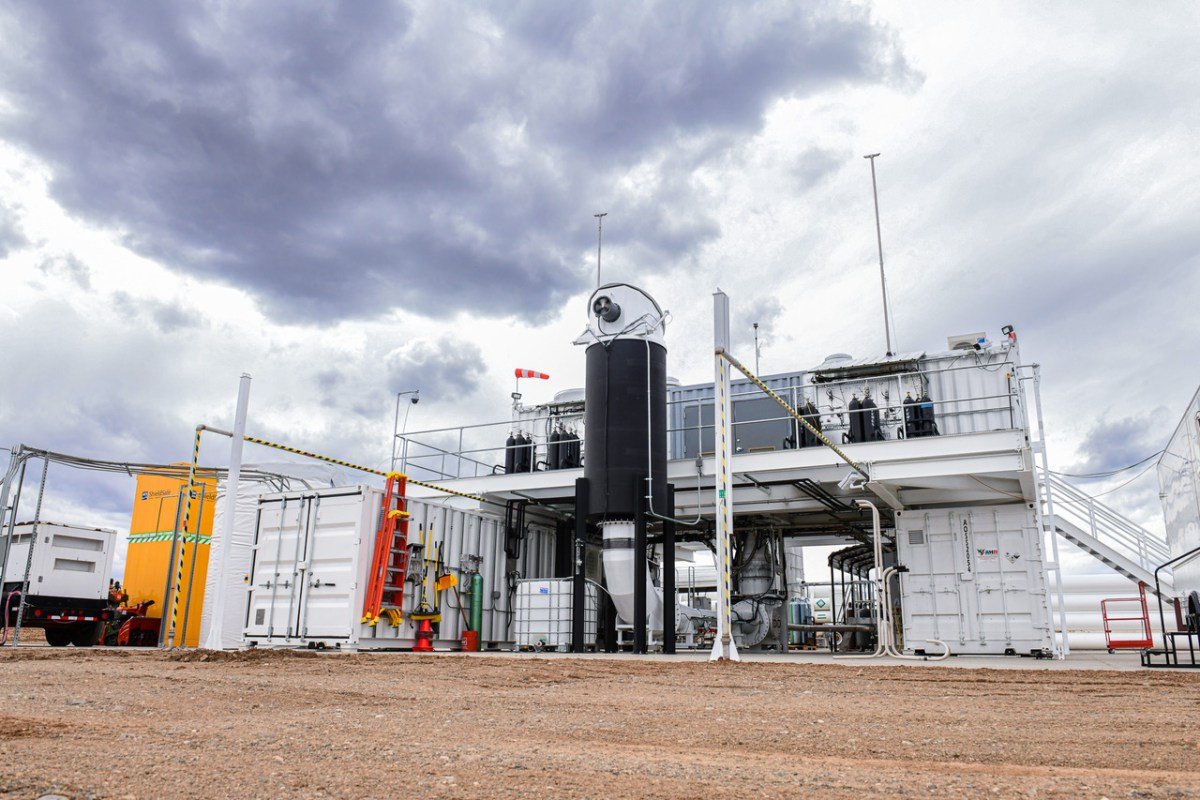Despite the remarkable growth of the space industry in the past decade, there remains a lack of dedicated testing facilities in the United States for rocket and spacecraft engines. While this poses no issue for large companies like SpaceX and Blue Origin, who have the resources to construct their own facilities, smaller enterprises are often burdened with lengthy wait times and high costs.
Agile Space Industries seeks to revolutionize this current state of affairs. Founded in 2019 by Daudi Barnes, the company builds upon the work of Barnes’ previous venture, Advanced Mobile Propulsion Test. Originally providing hypergolic engine testing, Agile has since expanded to include propulsion systems, thrusters, rocket engines, and ground support equipment.
Headquartered in Colorado, the startup currently operates one test stand, named Sunshine, which was established by AMPT in 2010. Just last week, they unveiled a second stand, called Animas. The company touts Animas as the only commercial facility capable of vacuum testing hypergolic engines weighing over 300 pounds and up to 6,000 pounds of thrust.
“The market is rapidly expanding,” explained Animas project manager Graham Dudley. “The barrier to entry for rocket engines has lowered, resulting in a surge of players. However, when it comes to testing, the task becomes much more difficult.”
Designed with modularity in mind, Animas can accommodate a wide range of testing campaigns, from early prototype to qualification and acceptance tests. The stand is constructed in pieces, or skids, which can be moved or replaced as needed. This allows Agile to cater to the specific testing needs of themselves or their clients.
In addition to their own engine development, providing engine testing services to other space ventures has become a significant source of revenue for Agile.
“Having access to testing early on in your programs is immensely valuable,” said Mesa Hollinbeck, Agile’s lead test engineer. “Numerous programs we’ve encountered during our time at AMPT had already devoted years to design and development before hot firing the engine, only to discover it did not work. This resulted in costly reboots and setbacks in their schedules. Access to early testing is a crucial issue for many in the industry.”
Vacuum testing is especially critical for in-space propulsion systems, as it simulates the conditions of space. However, this type of testing is resource-intensive, as Hollinbeck pointed out: “For smaller NewSpace companies, investing in such infrastructure is costly and they may prefer to allocate their funds elsewhere. While it may be easy to showcase a flashy hot fire video in the desert using a cheap test stand, obtaining reliable data that allows you to actually use the equipment requires a higher level of sophistication.”
Owning their own test bed provides Agile engineers with access to plentiful data on their systems, giving them a competitive edge in the increasingly crowded space propulsion market. With the cost of launching spacecraft into orbit decreasing, many engines now undergo their first firing in space. However, as missions to the moon and deep space become more frequent and substantial, this may change.
“We have received external requests for testing from numerous organizations expressing their concern that there is insufficient testing of engines used in their missions, potentially putting those missions at risk,” stated Dudley.
“Our clients directly inform us that they turn to us because they have apprehensions that the lack of testing may increase the risk profile of their missions, which is unacceptable to them moving forward.”









Howdy! Do you know if they make any plugins to help with Search Engine Optimization? I’m trying to get my site to rank
for some targeted keywords but I’m not seeing very good success.
If you know of any please share. Cheers! I saw similar blog here: Eco wool